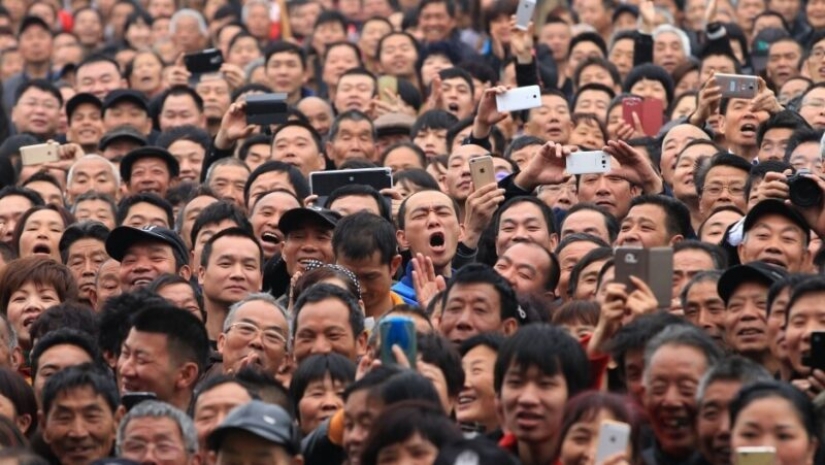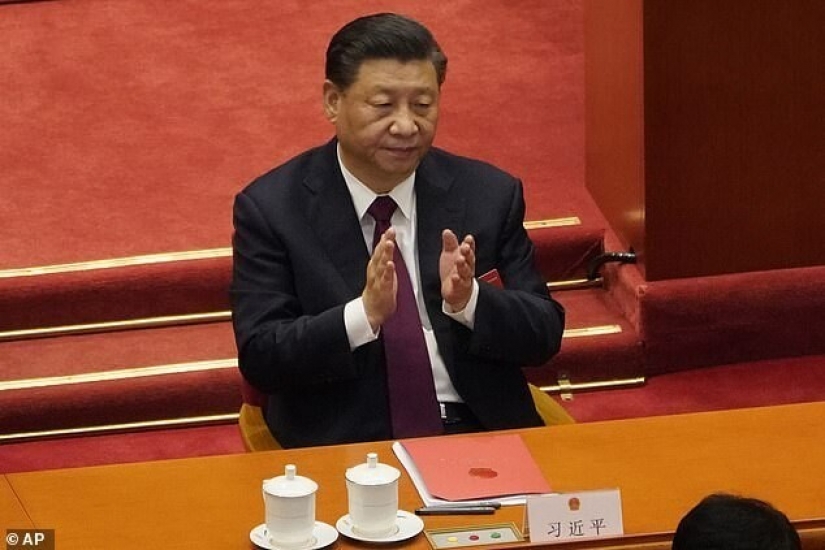Who does not knock, he knocks: China has launched an application for denunciations
Categories: Asia | Society | Technology | World
By Pictolic https://pictolic.com/article/who-does-not-knock-he-knocks-china-has-launched-an-application-for-denunciations.htmlIn China, an application for vigilant citizens has appeared: from now on, everyone can report where necessary about those who have "erroneous opinions" or "deny the perfection of socialist culture".

In China, an application has been launched that will allow citizens to inform on those who criticize the ruling Communist Party or do not consider its role in history entirely positive. Released by the Chinese Internet regulator, the application is launched in parallel with the "hotline", which will allow you to make denunciations by phone.

The new website and app were proudly unveiled by China's Cyberspace Administration (CAC), with authorities urging users to play an "active role" in identifying "attackers who distort facts and confuse" others.

"Historical nihilism" is a term used in official Chinese propaganda to refer to any skeptical statements about the Communist Party and its role in Chinese history and society.
The authorities do not say what punishment will be applied to those who receive denunciations, but already in China there is a law according to which those who "insult, slander or downplay" the importance of Chinese heroes and martyrs, as well as post content on the network that criticizes the country's leadership, can be punished with up to three years in prison.

Last week, he was arrested in Jianxu Province for making "offensive" comments about the Japanese occupation of Nanjing during World War II. According to official data, hundreds of thousands of people were killed during the occupation. In addition to the authors, Internet sites may also suffer for unpatriotic statements, which, according to the law, may be closed for a time or forever.
China already has a burdensome social credit rating system that prohibits people from using transportation and performing other basic functions of society if they commit minor violations, such as going to the wrong place or buying too much junk food.
Keywords: China | Asia | World | Technology | Society | Socialism | Opinion | Mobile app
Post News ArticleRecent articles

It's high time to admit that this whole hipster idea has gone too far. The concept has become so popular that even restaurants have ...

There is a perception that people only use 10% of their brain potential. But the heroes of our review, apparently, found a way to ...
Related articles

Have you heard of such a phenomenon as the doorway effect? Let's put it simply: have you ever walked into a room and immediately ...

The Mongols seized in the 13th and 14th centuries, a large part of the Eurasian continent, was a force which could not to resist ...

The Himalayas. Tibet. Something cosmic and ethereal sounds in the names. They attract visitors from all over the world. In front of ...

New Year's is a time to surprise and delight loved ones not only with gifts but also with a unique presentation of the holiday ...